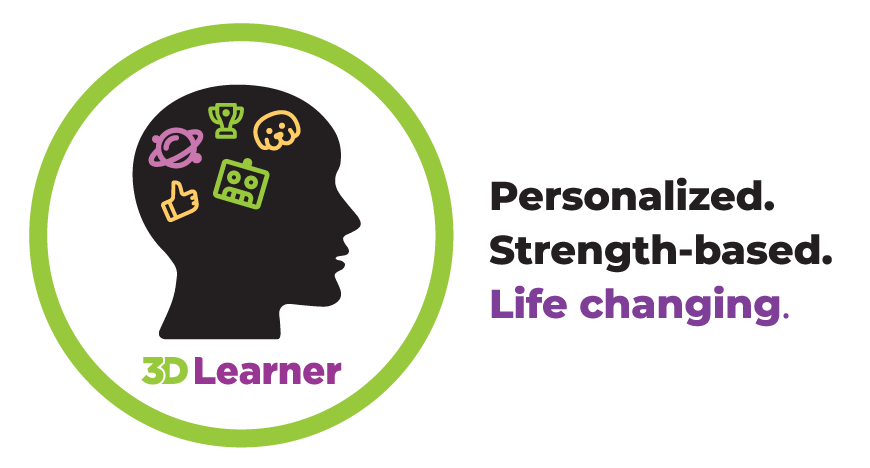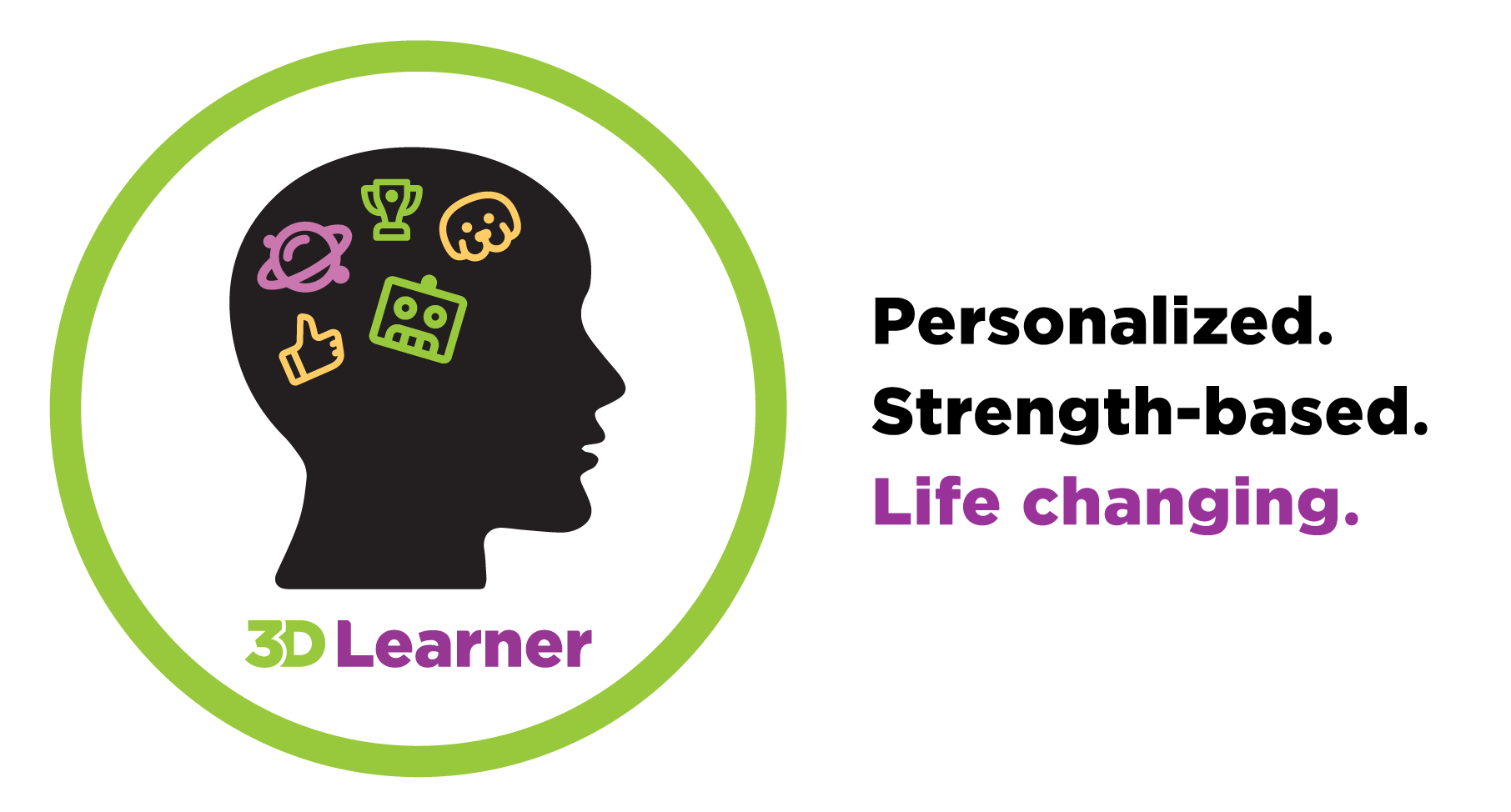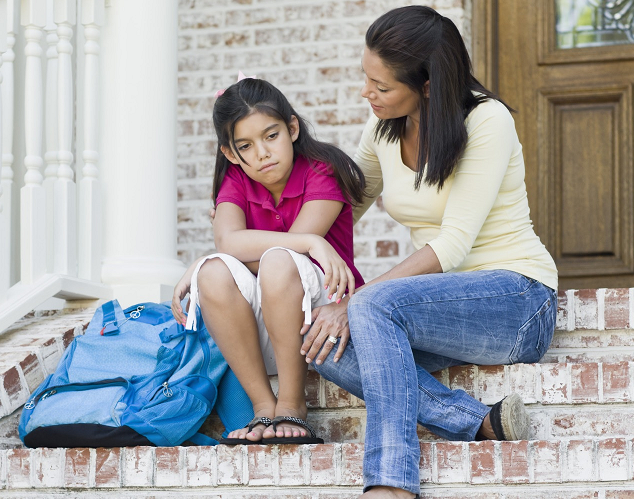Has your child had a meltdown or negative response when asked to do something?
Anxiety and stress can go hand in hand, as there is fear in the unknown and what we do not understand. For us visual learners, we can visualize (often called pictures) many different scenarios in our head. These pictures are as real to us as if we actually experienced them; if we observe something that is similar to something we have seen, it can make us anxious or fearful.
Past experiences and words are what make up our ability to understand what we read, or are to learn. What if we don’t fully understand those words, or language, and jump to conclusions. What kind of movies do we make up in our mind that are REAL to us?
This happened to me a number of years ago– long before I understood that this concept was possible. Our family was traveling in France and Austria (we were living in England at the time, and we were fortunate to be able to travel with our kids.) We were visiting the famous Salt Mines in Austria, near where we knew Hitler had lived, and the Nazis had created hide-outs. I was already on edge just conjuring up images of the atrocities of WW2. The tour included sliding down the mine shafts on smooth salt slides, and we thought that our kids would think that was fun. Sliding down into the mines WAS fun, and we all laughed and enjoyed that adventure. Our guide for the entire group would explain things, first in German, then French and then finally English- so that we could learn more about these vast caves. Once we reached the bottom of the slide, we were all ushered into a room. The guide started her explanation in German, and then announced that all of us English speakers should just wait there… no explanation. The only German words that I understood were “Hitler” and “Nazi”- and watching her hand movements- pointing everywhere, started to make me uneasy.
She finished her explanation in German and told the small group of us English speakers to ‘wait’. The others moved on and a door closed behind them. We were alone in that dimly lit area. We were stuck. Here we were, having just had a fun experience, closed off with no warning or explanation or clarification. The movie in my head was in panic mode. Hearing two of the most terrifying words that I could understand from my not knowing German put me into a frozen panic. A minute later (what seemed like much more!), a loud recording in English came over the loudspeakers over our head, to explain IN ENGLISH that it was in this mine that many Nazis had tried to escape to and were caught. It was a considerably different picture than I had created!
This experience happened to me over 30 years ago- yet I can conjure up that image, a gut-wrenching image like it was yesterday. It was that vivid!
I use this extreme example because as parents and teachers of students who ARE more VISUAL learners today than ever before (some studies say that over 60% of students today are more visual learners), we take for granted that our kids understand us. We have no idea that in some way we may be creating anxiety or stress for them without even knowing it. Although what we say may not be as negatively charged as my experience, who are we to say that our kids don’t feel these extreme emotions– they often cannot express it!
We live in a world now where WORDS are everywhere. It is our basic and seemingly most efficient way to communicate with one another.
I urge all of us to stop and think about our language.
What are we saying? How are we saying it?
Do our children/students understand our words or the context in which we are trying to explain something?
We need to be doing more Visual Parenting/teaching. Be sure we use visual schedules and explain what new places or experiences will be like. (We are lucky to live in the age of Google to show kids what new places look like or even what words mean!)
Do not ASSUME your kids will like something or “it will be fun”. Listen to what your kids want to know about a new place.
As for coming home from school frustrated, have your child “off load” the movie they are seeing. Make no judgment… just listen.
Have a conversation with your child’s teacher to problem solve together about making the classroom less anxious provoking for your child. This is NOT a BLAME GAME- each child in the classroom might have a different experience and the teacher has a lot to do. Knowing that you are a good listener for your child can be life changing. DO NOT TRY to FIX things.
Support that your child has an amazing “superpower” of making that movie in their head, and problem solve together about how they might be able to calm themselves. Do they need to learn to take deep breaths, create positive pictures, ask for clarification?
Just understand – words create pictures. And emotions.





